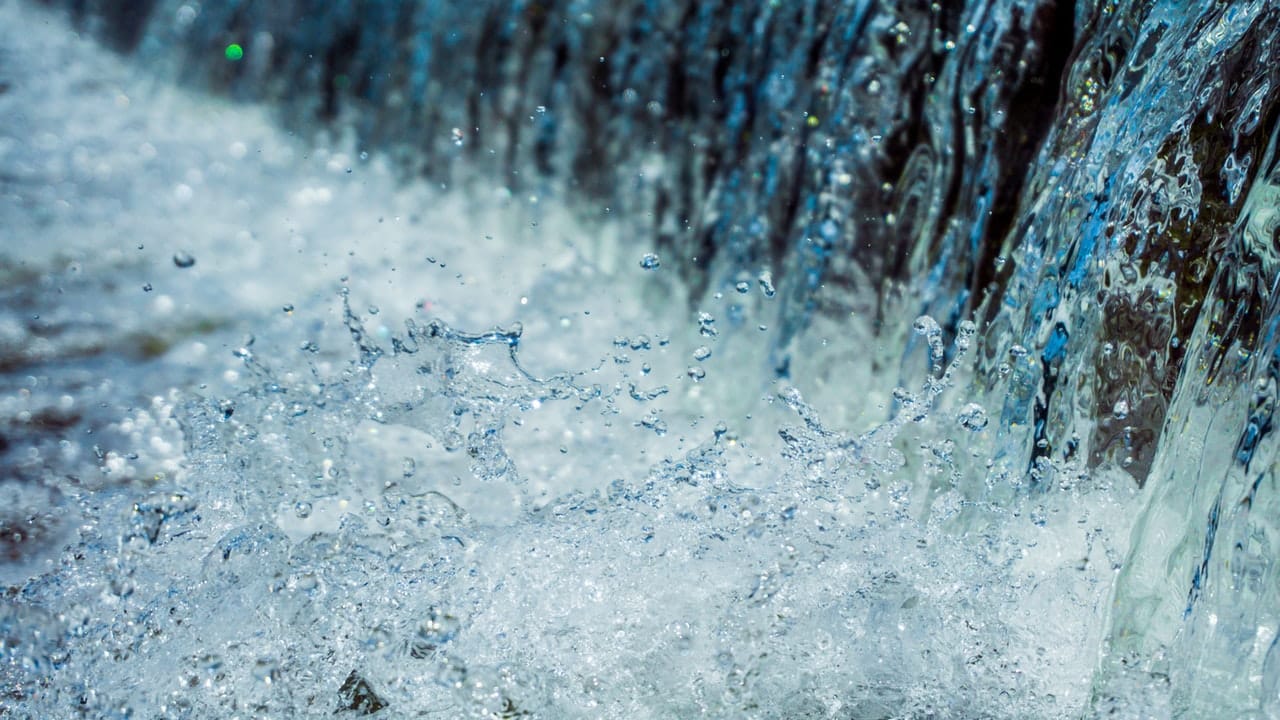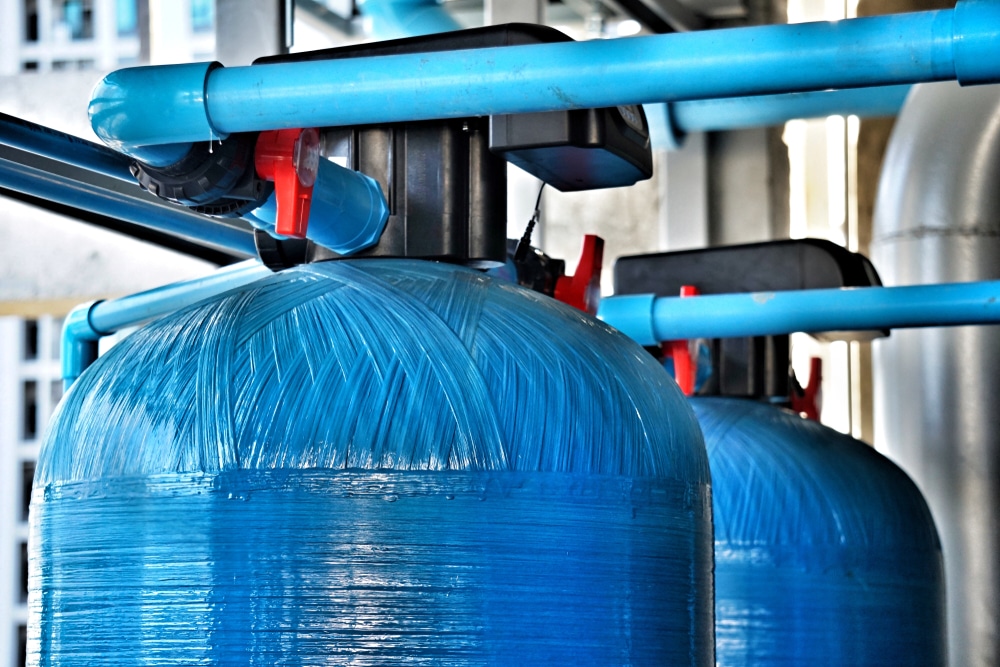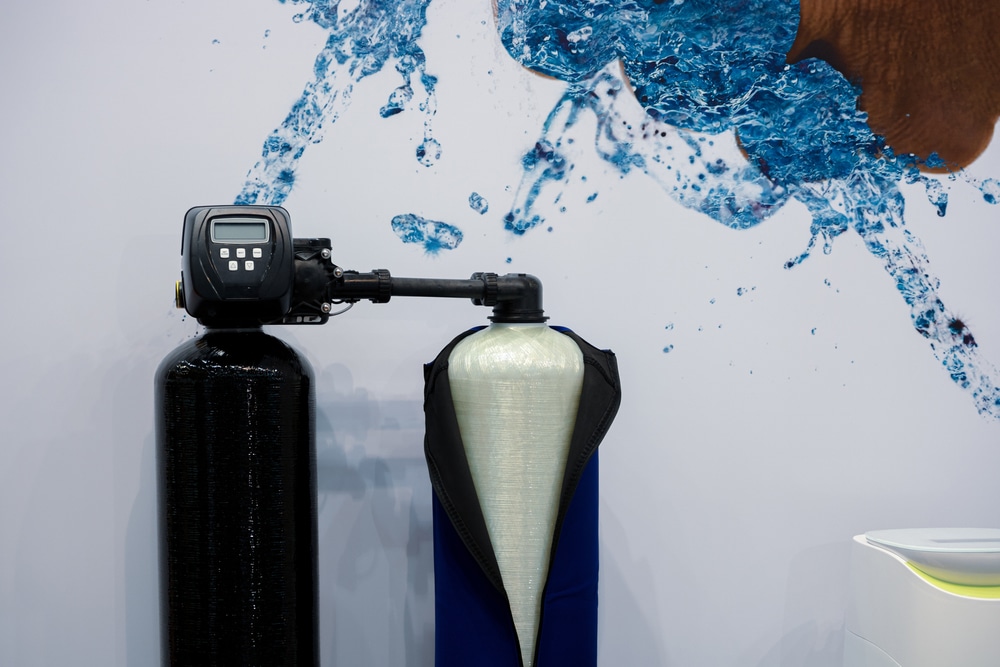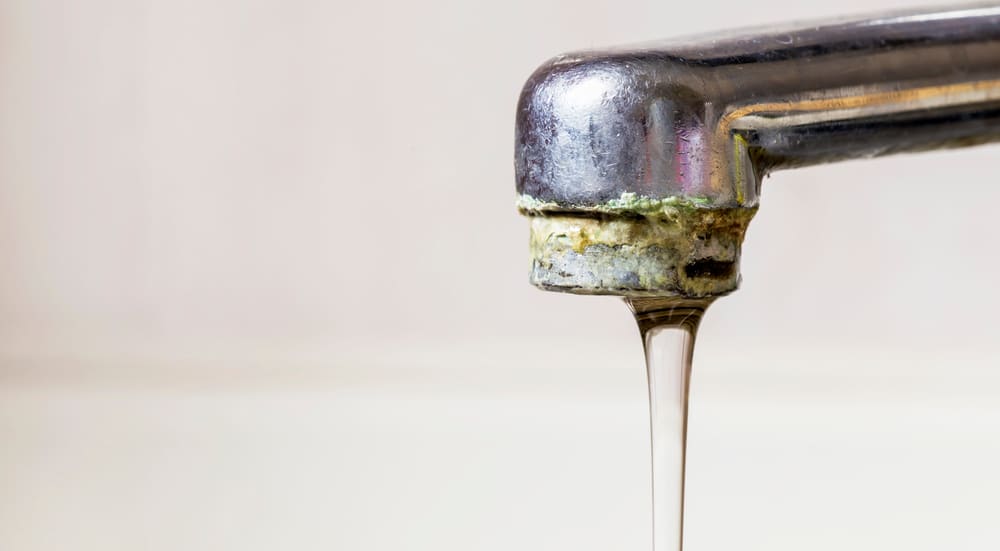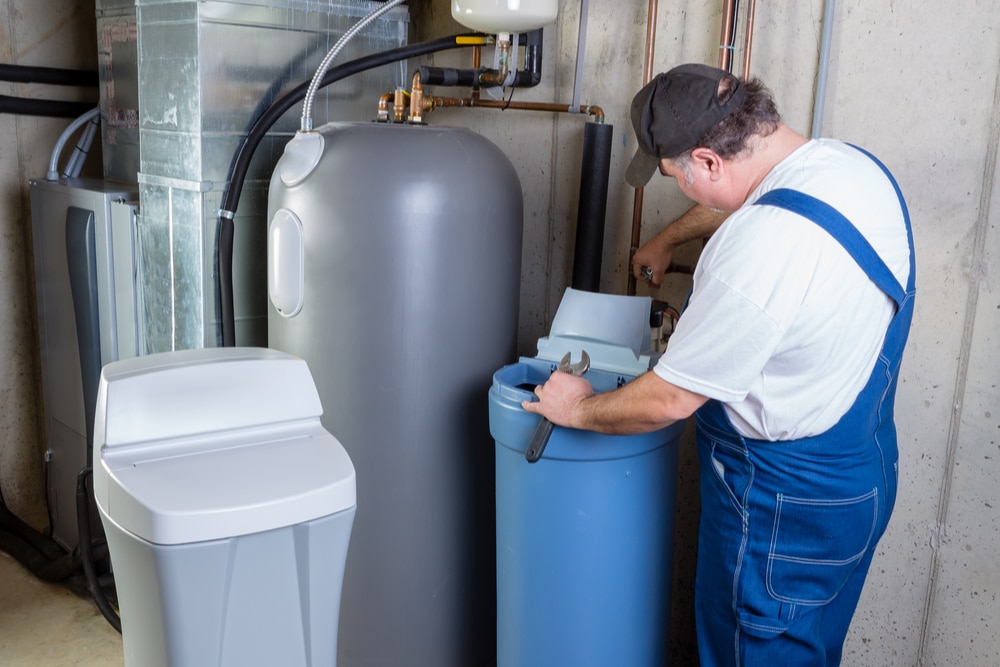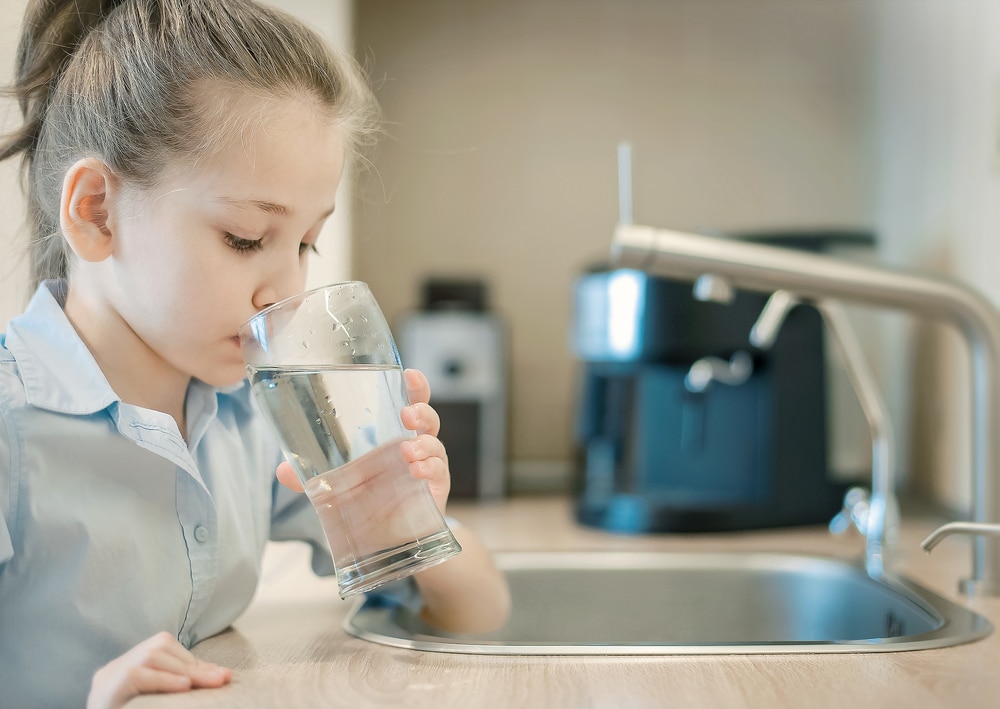Investing in a water softener can be a significant decision for homeowners, especially when considering the financial implications. However, the monetary benefits this investment offers can often outweigh the initial costs. In this blog, we’re going to focus exclusively on these financial advantages. We’ll delve into how a water softener can reduce your spending on household cleaning products, extend the lifespan of your appliances, and decrease your energy bills. Each of these savings contributes to a cumulative financial benefit that can make a water softener a worthwhile long-term investment. Read on to learn more about how this clever device can lead to substantial savings and provide a return on your investment.
What is a Water Softener?
A water softener is a household appliance that removes minerals, specifically calcium and magnesium, from your home’s water supply. These minerals are responsible for water hardness, a common issue that affects numerous households. When water is hard, it contains a high mineral content, which can lead to various problems in your everyday domestic life. The purpose of a water softener is to transform this hard water into soft water through a process called ion exchange. In this process, the calcium and magnesium are replaced with sodium ions, effectively reducing the mineral concentration and thus “softening” the water. This transformation is not visible to the naked eye, but the effects it can have on various aspects of your home life are significant and tangible.
Financial Benefits of a Water Softener
Increased Lifespan of Appliances
One of the most noteworthy financial benefits of investing in a water softener is the increased lifespan of your household appliances. Hard water can build up scale inside your appliances, causing them to work less efficiently over time, and eventually leading to their breakdown. This is particularly damaging for appliances such as washing machines, dishwashers, and water heaters. By softening your water, you can prevent this scale buildup, reducing wear and tear and thus extending the lifespan of these appliances. This not only saves you money on repair costs but also delays the need for replacement. Considering the hefty price tags on these appliances, this form of savings can be substantial.
Fewer Maintenance and Repair Costs
Aside from extending the life of your appliances, water softener systems can also reduce the frequency and cost of maintenance and repair for your home’s plumbing system. Hard water, with its high mineral content, can lead to deposits and buildup in your pipes and fixtures, causing them to clog or corrode over time. This can result in costly repair or replacement jobs. By using a water softener, the water flowing through your household plumbing will be free of these damaging minerals, mitigating the risks of pipe damage and subsequently reducing your repair expenses. Therefore, investing in a water softener can contribute to significant savings in terms of maintenance and repair costs for your home infrastructure.
Reduce Spending on Household Cleaning Products
Another cost-saving benefit of a water softener lies in reducing the amount spent on household cleaning products. Hard water can interfere with the effectiveness of soap and detergent, requiring you to use more of these products to achieve the desired results. Additionally, hard water often leaves behind a residue known as “soap scum”, which necessitates additional cleaning. By utilizing a water softener, you can enhance the effectiveness of your cleaning products, thereby using less and saving money. Plus, the reduction in soap scum means less time and effort spent on cleaning, granting a cleaner home with less expense and effort.
Lower Energy Consumption
Finally, a critical financial benefit of having a water softener is the reduction in energy consumption. Appliances such as water heaters operate more efficiently with soft water because there’s reduced scale buildup. Therefore, they don’t have to work as hard to heat water or maintain temperature, conserving energy over time. This efficiency translates into lower energy bills, contributing to the overall savings. Thus, investing in a water softener not only benefits your home and appliances but also supports your budget through energy conservation.
Kinetico is Your Go-To For Water Softeners
Kinetico is committed to delivering high-quality water softeners that offer exceptional value. While the upfront cost of installing a water softener in your home may seem daunting, the long-term savings are undeniable. By investing in a water softener, you’re investing in the longevity of your appliances, the integrity of your home infrastructure, the effectiveness of your cleaning products, and the energy efficiency of your household. Make a decision today that will protect your home and pocketbook for years to come. Visit our website or contact our team to learn more about our products and how a Kinetico water softener can transform your home’s water supply and your financial future.

